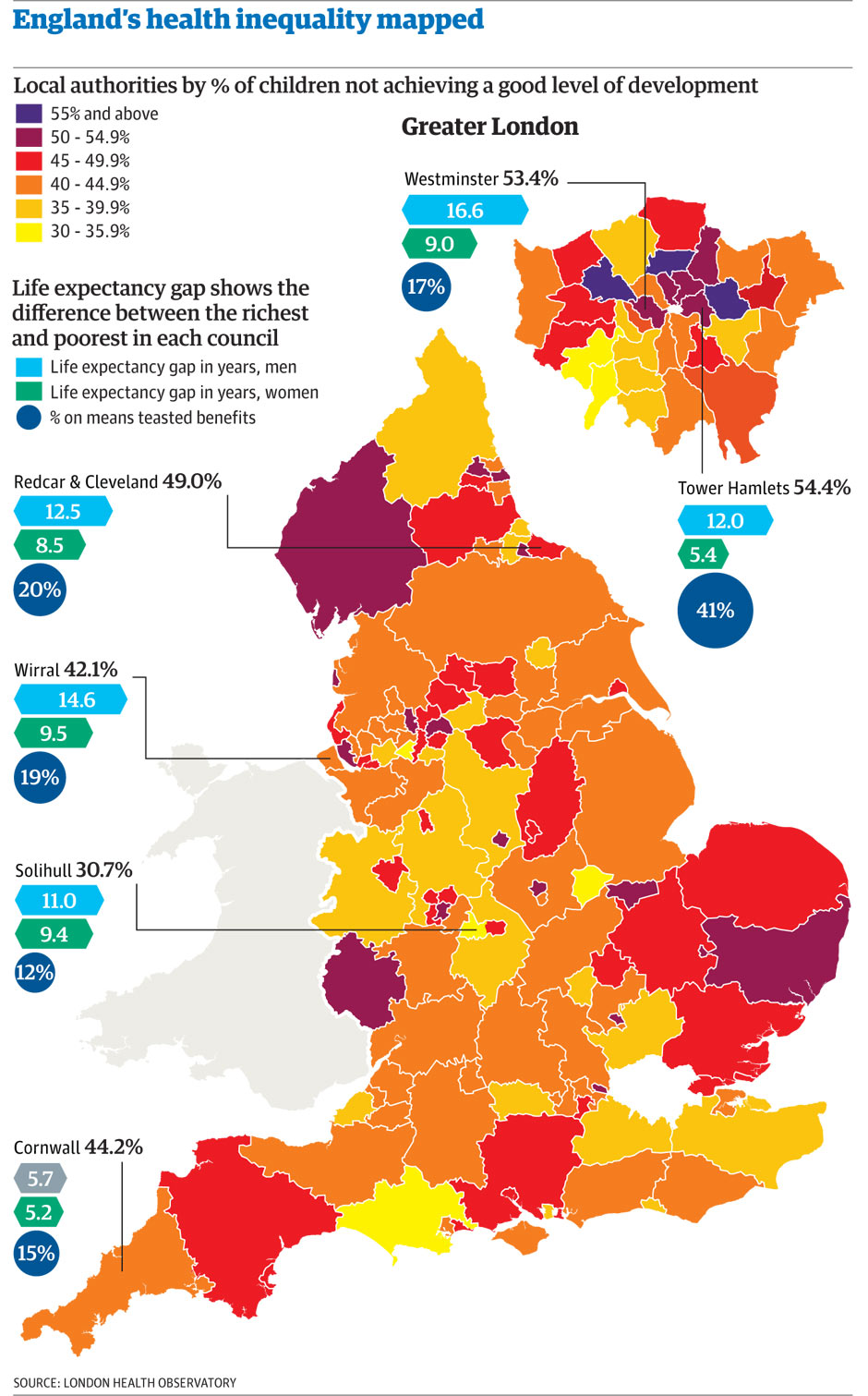

In this respect, it can not only undermine the legitimacy of these organizations but also hamper efforts at international cooperation. Crucially, economic inequality can easily translate into political inequality, such as disparities in representation and voice, in international organizations. Second, the issue of worldwide inequality raises a number of questions about the role of key international organizations. The literature on the relationship between inequality and growth also illuminates the crucial social and political repercussions of inequality, including inequality’s negative effects on social cohesion. First, the debate on what engenders economic growth is crucial to the discussion on economic inequality, with the assumption that the absence of economic growth equals the absence of economic development, strictly defined. Regardless of whether and the extent to which globalization can be identified as the culprit in putative increases in inequality, discussions on international or global inequality (herein referred to as “worldwide inequalities”) are embedded in a number of debates surrounding globalization.

It should be noted that establishing firm causal links between globalization, simply understood as increasing openness to trade and investment flows, and increasing inequality within and across countries can be an elusive task. While the former type of inequality is defined as “international inequality,” the latter kind is generally referred to as “global inequality.” Although the primary focus is on income measures, such as measures of per capita gross domestic product of countries, the literature also focuses on other aspects of inequality across states and individuals, such as measures of wealth, disparities in life expectancy, and gender inequalities. The study of global economic inequality focuses primarily on the income inequalities across states or across individuals in the world.


 0 kommentar(er)
0 kommentar(er)
